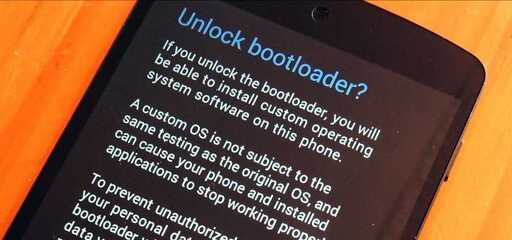Samsung has decided to proceed with the Bootloader blocking also in Europe, a move that has caused a lot of discussion. Behind this choice is a European regulation that will come into force in August 2025 and which risks changing smartphone usage in Europe forever. This is why other manufacturers may soon follow suit.
From 1 August 2025, new provisions will come into force RED Directive (Radio Equipment Directive), which redefines the compliance requirements for all radio devices sold in Europe. This is a significant change, not so much for the amount of regulations introduced, but for the effect they will have on the entire Android ecosystem. The issue revolves around three articles that impose specific protections: against network interference, personal data compromise, and digital fraud. These are, in themselves, sacrosanct rules.
But the crux comes with the interpretation prevailingEach device must ensure full compliance not only with the hardware, but also with the software that controls the radio modules. This is where the bootloader comes in. Unlocking it essentially allows you to replace the original operating system with an alternative one, such as LineageOS or GrapheneOS.
But these systems, if they modify the radio drivers even minimally, invalidate the CE certification. An uncertified device can no longer be legally marketed or used, at least according to the most stringent reading of the law.
This scenario has therefore led Samsung to protect its devices. Not on a whim, but to avoid any software modifications falling under your legal liability. If a user installs a ROM that interferes with radio frequencies or compromises communications security, the manufacturer (and in some cases the importer) may be held directly liable.
RED does not explicitly talk about unlocking the Bootloader or custom ROM, but it opens one regulatory space in which the margins for maneuver are they narrow. And in doing so, it provides a solid argument for those who have been trying for years to close the loop between hardware, software, and services. After all, customizing the operating system also means breaking away from proprietary services and, therefore, from the model that ties the user to the brand.
Samsung is just the first to move, but it’s hard to imagine it will be the only one. Starting in August 2025, it’s very likely that other manufacturers will follow suit, at least for the European market.



Forcing SecureBoot platform-wide would kill the loose PC parts market.
Loose mainboards don’t ship with an OS by default and typically ship with SecureBoot disabled by default as well, it would be pretty hard to force an OS on something that has no OS installed by default unless it’s forced in ROM.
Although, I suppose lose PC parts could simply be banned and custom PC builds could be criminalized, and only completely soldered-down prebuilts could be legally allowed to be sold in their borders with force-enabled SecureBoot and Pluton blocking non-Windows OSes.
…Right as the EU is trying to get away from Windows for their government stuff.